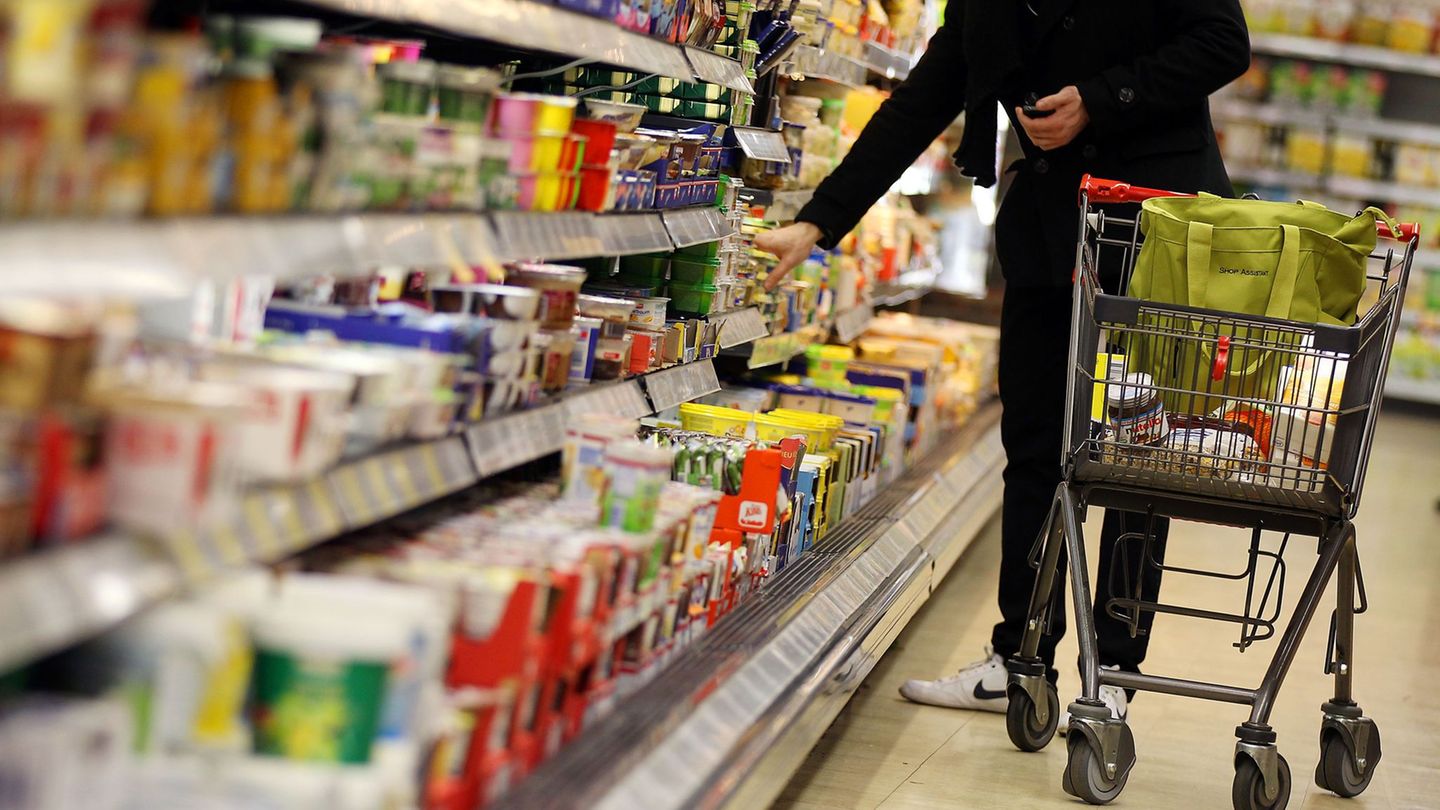Menu
Food: When expensive ingredients are replaced – experts sound alarm
Categories
Most Read
how much they will charge in November 2025 after the last agreement
October 28, 2025
No Comments
Calculate your pension with a monthly salary of 4,100 euros: This is how much money comes out
October 28, 2025
No Comments
Why is the pension 190 euros higher in the East? This atlas shows it
October 28, 2025
No Comments
How the main banks operate today, October 28, 2025
October 28, 2025
No Comments
Fishing: Hardly any new restrictions for Baltic Sea fishermen – Backhaus glad
October 28, 2025
No Comments
Latest Posts

Franco Colapinto was faster than Pierre Gasly in the Mexican Formula 1 GP: the study that verified it
October 28, 2025
No Comments
October 28, 2025 – 2:12 p.m. Although the Frenchman finished before the Argentine, a report showed that Colapinto had a better race pace despite the

The US announced that it eliminated 14 suspected drug traffickers in attacks on boats in the Pacific
October 28, 2025
No Comments
October 28, 2025 – 1:41 p.m. There are already at least 57 dead in their fight against drug trafficking from Latin America. US forces were

what happens with fixed term rates
October 28, 2025
No Comments
October 28, 2025 – 1:15 p.m. With the exchange rate on the rise, savers are evaluating whether to keep their deposits in pesos or look
24 Hours Worlds is a comprehensive source of instant world current affairs, offering up-to-the-minute coverage of breaking news and events from around the globe. With a team of experienced journalists and experts on hand 24/7.

